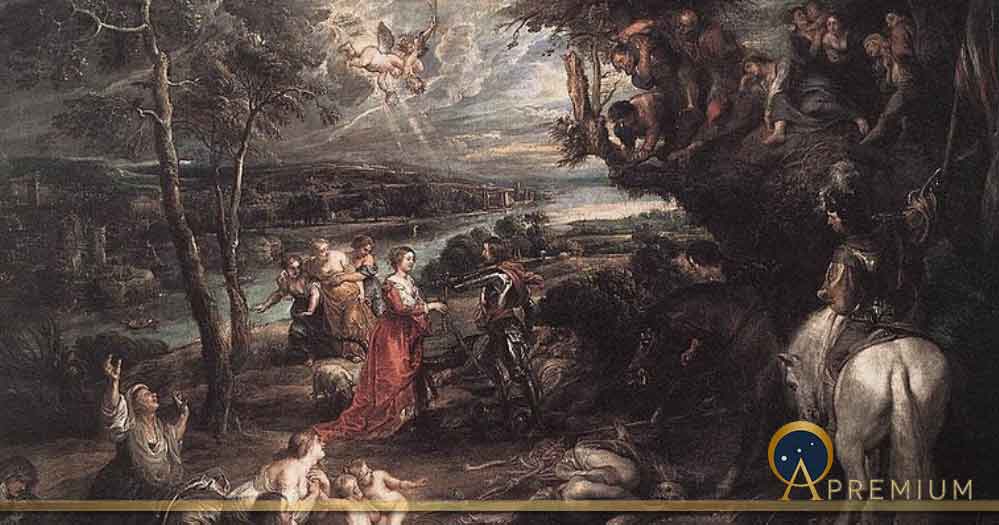Changing England’s History: Sudden Death Of The Heirs Apparent
The English crown is hereditary. Over the centuries, the succession has been largely determined by both blood and the accidents of birth. This has given rise to some glorious reigns, such as that of the war-like Henry V, hero of the Battle of Agincourt, and some not so glorious, like Henry V’s hapless son and heir, Henry VI, whose reign saw the outbreak of the civil war known as the Wars of the Roses. Over time, rules of succession have developed to ensure a smooth succession and to prevent the turbulence that uncertainty brings, namely political upheaval and civil war. The heir was groomed with the expectation that he or she would one day take the throne but the vagaries of life, such as premature death or political upheaval, often saw these plans come undone, resulting in the appointment of a new heir. At a time when a monarch not only reigned but ruled, or when the identity of the heir was not contested, this could have disastrous consequences for the country and changed the course of English history.

King Henry I of England in Chronicle of Matthew Paris (1236-1259). British Library (Public Domain)
William Aetheling and the Anarchy
King Henry I had every reason to be in a triumphant mood as he stood on the bustling docks of Barfleur in Normandy, supervising preparations for the return voyage to England. It was November 25, 1120 and, after years of intermittent war, he had finally settled peace with his enemy, King Louis VI of France, to his satisfaction. The cause of the enmity between the rulers was due to the fact that Henry, as a king himself, refused to pay homage to Louis for the duchy of Normandy, the family patrimony which Henry had seized from his elder brother, Robert II, Duke of Normandy, back in 1106. As a result, Louis had formed a coalition with Henry’s other enemies on the continent, including Fulk, Count of Anjou, the Counts of Flanders and disgruntled Normans, and had thrown his support behind Duke Robert’s young son and heir, William Clito, in a bid to win him the duchy. Things had come to a head in August 1119 when Henry defeated Louis and William Clito at the Battle of Brémule. After drawn out negotiations, peace had finally been settled. Louis recognised Henry’s only legitimate son, William Aetheling, as heir to Normandy and withdrew his support from William Clito who was forced into exile.
Like this Preview and want to read on? You can! JOIN US THERE ( with easy, instant access ) and see what you’re missing!! All Premium articles are available in full, with immediate access.
For the price of a cup of coffee, you get this and all the other great benefits at Ancient Origins Premium. And - each time you support AO Premium, you support independent thought and writing.
Ashley Mantle is a writer and historian with particular focus on the Norman, Angevin and Wars of the Roses periods of English history. He is the author of King John: A Brief History. Ashley has a degree in screenwriting from Bournemouth University. His latest book is Uncrowned Royal Heirs Who Didn’t Take The Crown
Top Image: King Charles I as a victorious and chivalrous Saint George in an English landscape, by Peter Paul Rubens (1629–30) (Public Domain)
By: Ashley Mantle
















